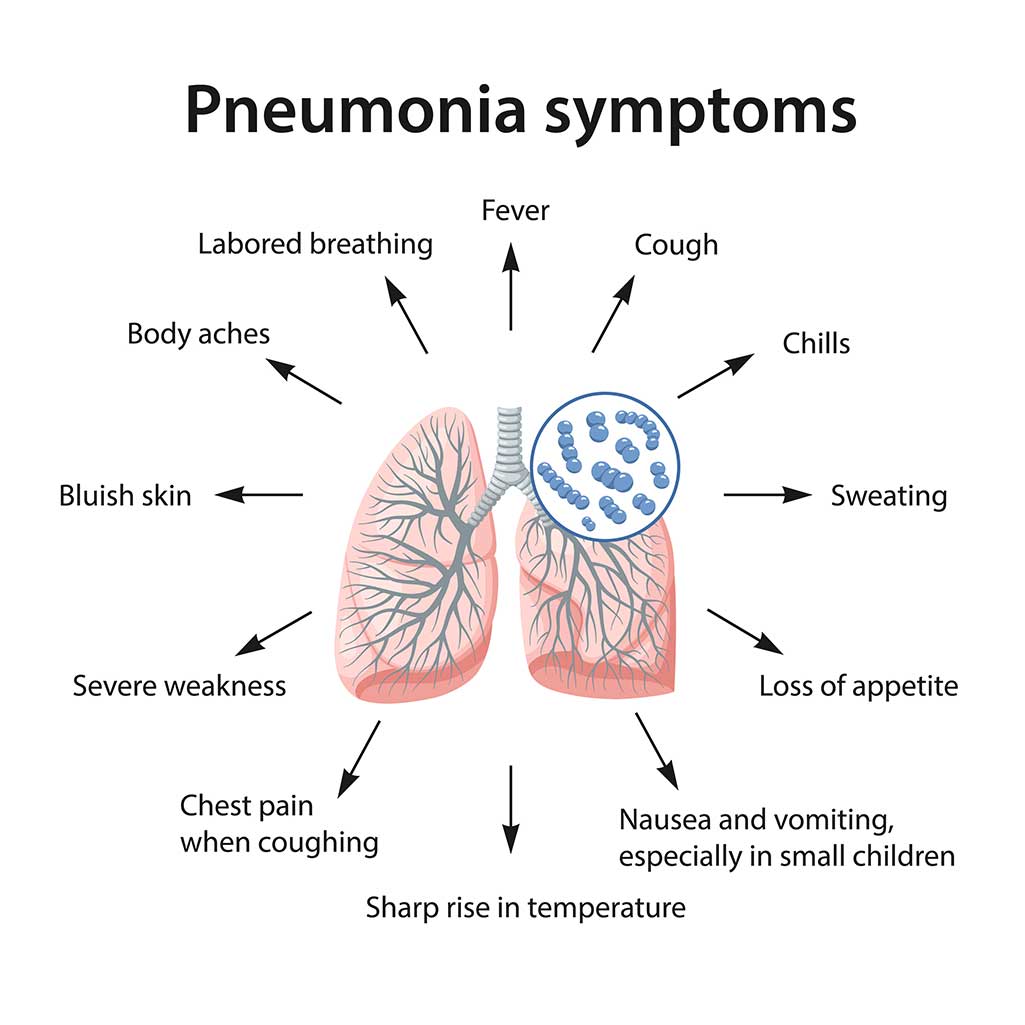Pneumonia is a very common form of infection that affects many mature adults in the world. Pneumonia inflames the air sac in one’s lungs and fills it up with pus or fluids. This causes loved ones to cough up phlegm and can also cause difficulties in breathing. There are many types of pneumonia with different causes and can be life-threatening for your loved ones. It is important to know the early signs of pneumonia to help your loved ones fight through it. Here is a basic guideline to pneumonia in the elderly, and how you can play a part in their recovery.
Symptoms
There are various signs and symptoms of pneumonia, and one of them is coughing. If your loved ones are constantly having shortness of breath and retching coughs, this may be a sign of pneumonia. This is because pneumonia causes the build-up of mucus in the lungs, and more effort is needed to clear the substance out. Fever or low body temperatures can also be a sign, along with chest pains due to coughing. Even breathing can cause sharp chest pain when someone has a lung infection, so be observant. Fatigue from fighting an infection could lead to confusion and slips in mental awareness.
Causes
Pneumonia is typically caused by air-borne bacteria and viruses that enter the lungs. Depending on your loved one’s immune system, they can fight the infection off fast. However, it is likely for lung infection to occur due to the weakened immune systems in mature adults. There are three main causes of pneumonia, and the first would be because of daily interactions. Community-acquired pneumonia is caused by the entrance of germs into the lungs through day-to-day socialization. Another way to acquire pneumonia is in the hospital. The pneumonia-causing bacteria in a hospital may be more resistant to antibiotics, and with hospital patients typically having weak immune systems, it may be harder to fight. The last cause of pneumonia is aspiration issues. Pneumonia can also happen when anything other than air enters the lungs. This makes people who are prone to choking more likely to acquire pneumonia. Parkinson’s disease and strokes can affect one’s gag reflex which can make anything a choking hazard, even saliva.
Treatment
The good news is that pneumonia can be treated at home. The goal is simple: Fight the infection without acquiring more complications. While it is important to ensure the body gets all the oxygen it needs for recovery, there are other things to keep in mind as well. Needless to say, rest is needed for a fast recovery. That includes sufficient sleep and regular naps if needed. You can also arrange help for mealtimes and chores so that your loved ones can fully rest. Hydration is also key to recovery as it helps loosen the secretions and prevent mucus build-up in the lungs. Lastly, your loved ones have to follow the orders of the doctor, be it finishing the course of antibiotics or other instructions.







